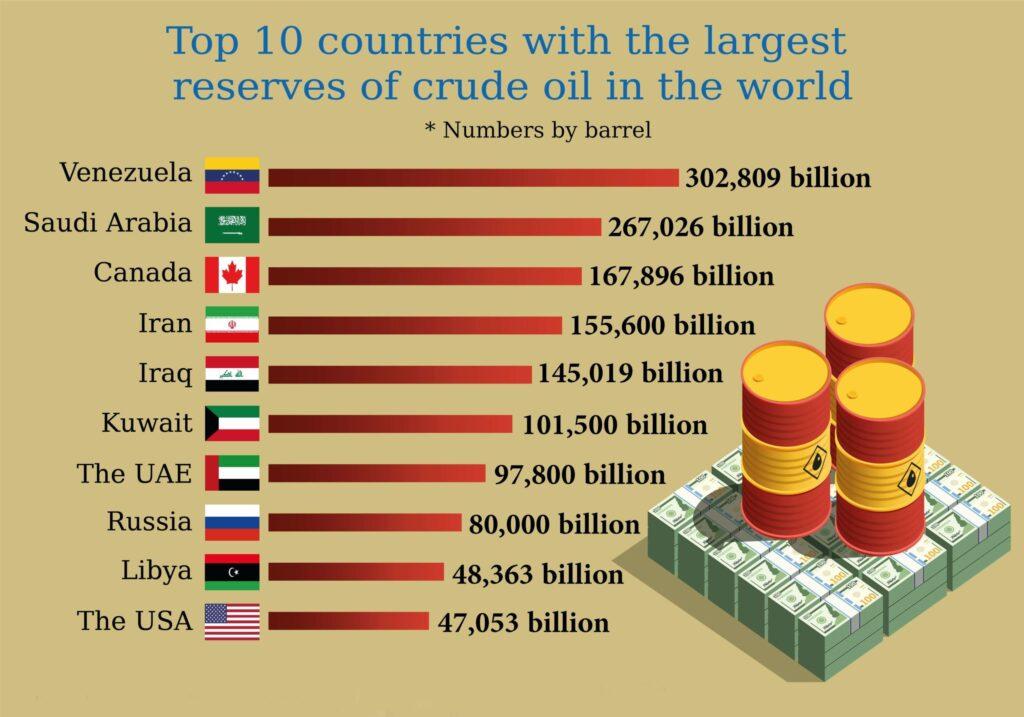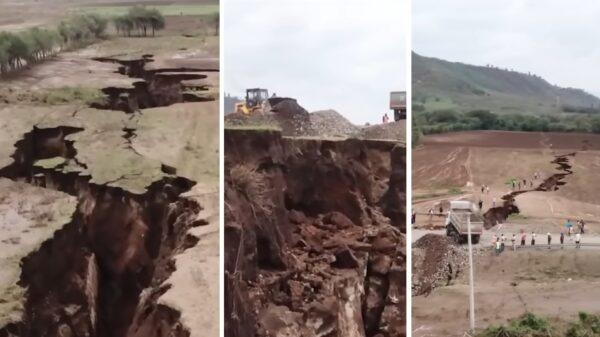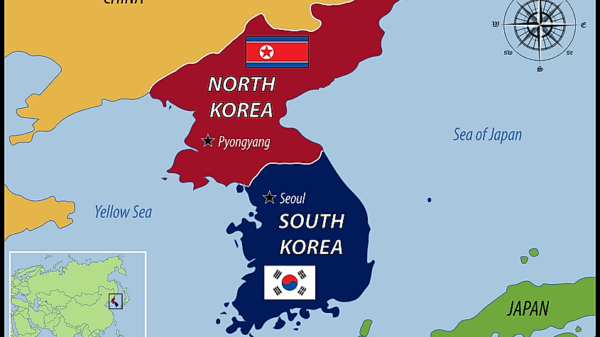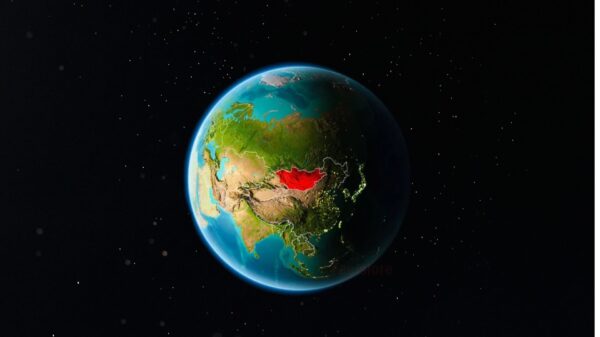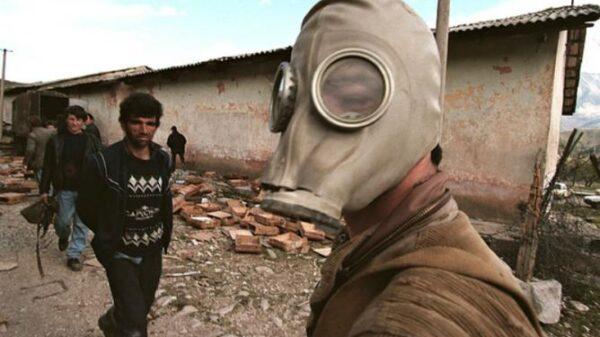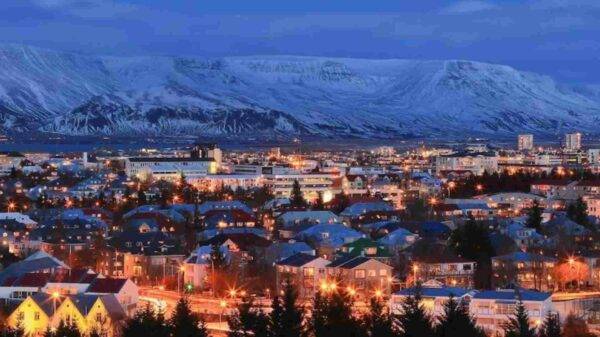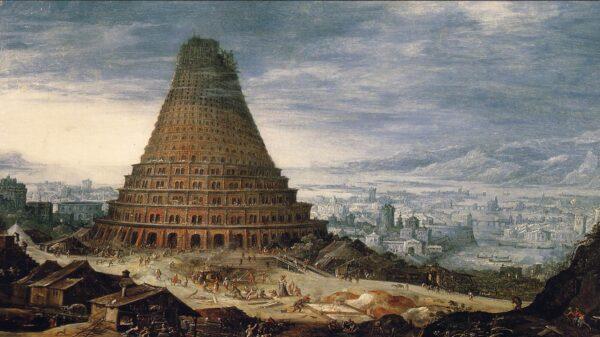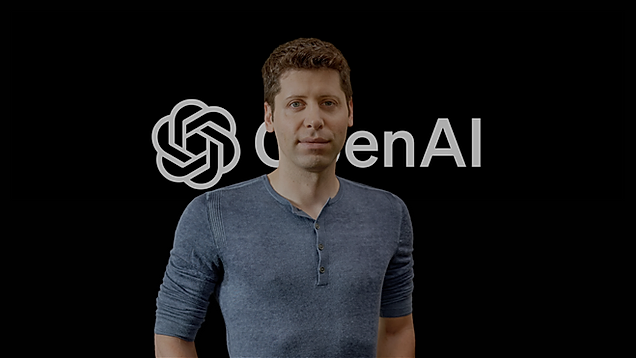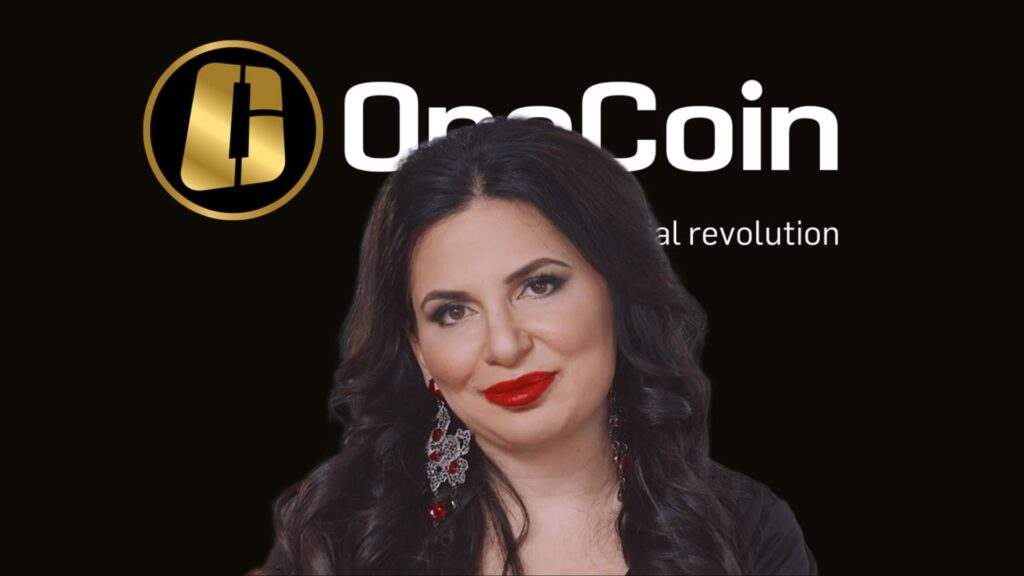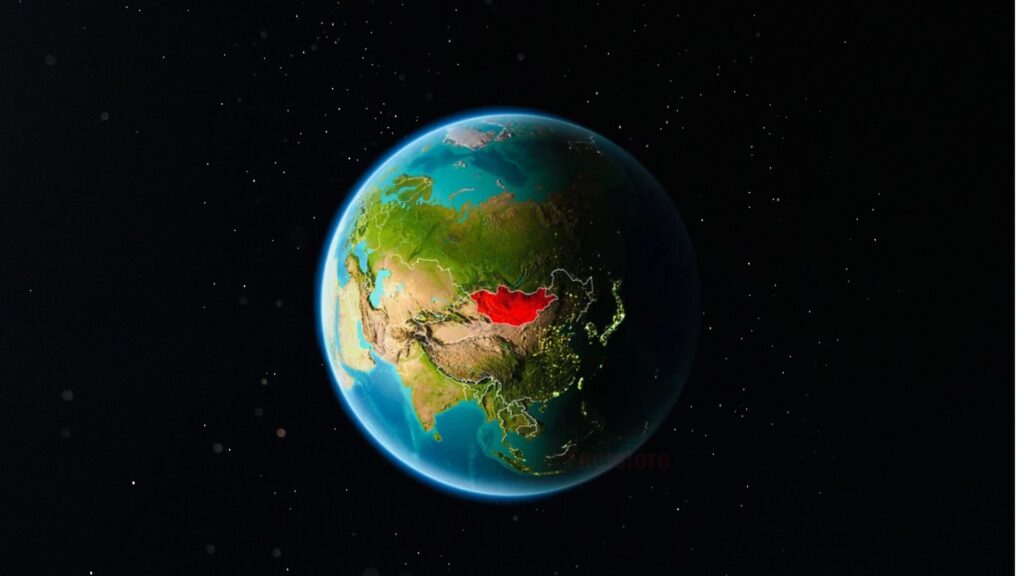Dubai is one of the most incredible nations of the 21st century. In spite of just being 4,114 square kilometers in the area which is 34 times smaller than the New York city, this nation has evolved from being a Barren desert to the 12th wealthiest city in the world. And while most people would think that Dubai got rich only because of oil, in reality, today oil makes barely one percent of its entire GDP. In fact, Dubai has lesser oil reserves than India and even Vietnam and yet while today many oil destinations are struggling to grow, this city has become such an important Financial business Hub that out of the 500 biggest companies in the world an astonishing 140 companies have their headquarters in this tiny city of Dubai. and in global politics, it is more or less the epicenter of World Trade itself.
But how in just 40 years does this little city of Dubai go from a Barren desert to becoming one of the wealthiest in the world? How did they manage to achieve this without banging on their oil reserves? To understand the rise of Dubai one has to understand the basic structure of the Middle East. Because most people really don’t know what is the difference between UAE Dubai and Abu Dhabi.
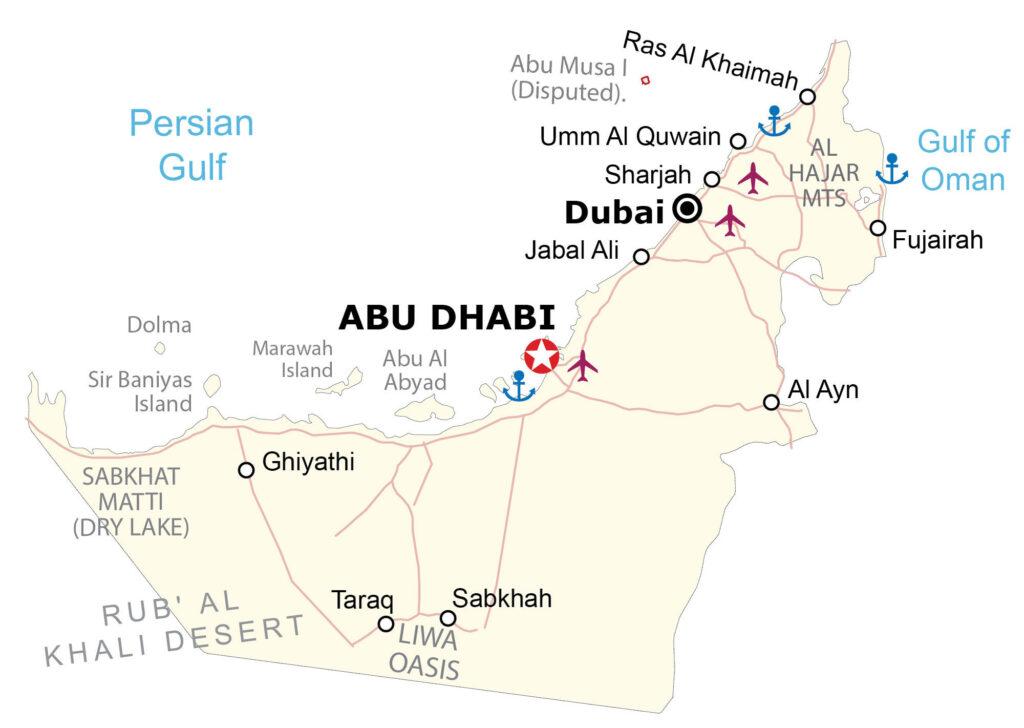
In the Middle Eastern region, the first thing that comes up is the United Arab Emirates or UAE. This is a Federation of seven Emirates which are Abu Dhabi, Dubai, Sharjah, Ajman, Umm Al Quwain, Fujairah, and Ras Al Khaimah. These Emirates are almost like states that work autonomously within the Federation.
Back in the 1960s the UAE had not been formed and Dubai was just another fishing town that existed at the creek along the Middle Eastern trade routes. So, let alone buildings it was just another desert with nothing else but people riding on camels. This is when something crazy happened. In the 1960s the Middle Eastern regions discovered tons of oil beneath them and suddenly they realized that they were practically sitting on a gold mine. And as the oil prices started shooting up, billions of dollars started flooding into the city.
Now, most people will think so what? If any country or any leader got their hands on oil reserves that country will obviously become rich and powerful! Well, that is not true. Because the UAE is only the 7th largest oil Reserve in the world while the largest oil Reserve is actually in Venezuela. And now their economy is going into a spiral of dysfunctionality. Venezuela has of today the highest inflation in the world. So, having oil reserves do not mean that you’ll be rich and powerful. In fact, even in UAE, Abu Dhabi has 92.2 billion barrels of oil while Dubai has only 4 billion barrels. So, it’s not like they had infinite wealth.
Dubai’s need for Diversification and Strategic Planning
Dubai’s visionary ruler, Sheik Mohammed bin Rashid Al Maktoum, recognized the need for diversification when oil was discovered in the region. With foresight and determination, he leveraged Dubai’s strategic advantages to transform it into a global trade powerhouse. One of the crown jewels of this transformation is the Jebel Ali Port, a strategic gateway to international trade that has propelled Dubai’s economy beyond its oil riches.
Dubai’s location played a pivotal role in its rise as a global trade hub. Situated just 35 kilometers southwest of Dubai, it held immense significance for Middle East trade, with close proximity to Iran and the entrance to the Persian Gulf. Moreover, it served as a vital connecting point between the Arabian Gulf, the Indian subcontinent, Commonwealth nations, and Africa, offering unparalleled access to key regions via sea and air routes. This strategic advantage provided Dubai with access to a market of over 1 billion people, setting the stage for remarkable growth.
Sheikh Mohammed embarked on an ambitious project, the Jebel Ali Port, which commenced operations in the late 1970s. This audacious endeavor involved extensive dredging of shallow waters, transforming the Dubai creek into a deep water port. Heavy loans were taken to fund this colossal undertaking, as Sheikh Mohammed understood the importance of world-class shipping facilities in propelling Dubai’s economic growth.
The Jebel Ali Port rapidly established itself as a key player in the maritime industry, offering cutting-edge shipping services to some of the most valuable ships in the world. Today, it stands as the 9th busiest port globally, handling a staggering 10% of the world’s container traffic, equivalent to over 14 million containers annually. This remarkable feat showcases Dubai’s commitment to providing seamless logistical services and exemplifies the port’s vital role in facilitating international trade.
Beyond its shipping prowess, the Jebel Ali Port has expanded its services to cater to a wide range of logistical requirements. It boasts extensive storage and cooling facilities, spanning an impressive 10,000 square meters. These advanced facilities enable the safekeeping of perishable products and goods with specific storage conditions, such as pharmaceuticals, chocolate, and cosmetics. Dubai’s commitment to excellence ensures that the port can cater to the evolving needs of global trade.
While oil contributes only 1% to Dubai’s GDP as of 2018, the maritime industry has emerged as a significant economic driver, constituting 7% of the city’s GDP. This diversification has reduced Dubai’s reliance on oil and propelled its transition into a vibrant, multi-sector economy. The Jebel Ali Port’s success story serves as a testament to Dubai’s commitment to innovation, strategic thinking, and the pursuit of economic prosperity.
As a result, while oil contributes to just 1% of Dubai’s GDP, as of 2018, the maritime industry alone contributed 7% of Dubai’s GDP. And along with the maritime industry, the Sheikh went ahead to build a second important asset for the economy of Dubai which was something called the Free Zone.
Dubai’s unique Free Zone concept
Dubai creates this zone specially allocated areas, wherein companies from all across the world could set up their business with special privileges. These special privileges included four mind-boggling incentives that were not being offered anywhere in the world which were-
- 100% Foreign ownership, as in you don’t have to collaborate with a local company to set up your business.
- 100% Repatriation of Capital and profits as in you can send 100% of your profits to your home country.
- 100% Import and Export tax exemption
- 100% Exemption from local and corporate taxes both
Basically they said, just set up your business here and keep all your profits with yourself. So, how does Dubai make money in spite of giving so many privileges? Well as it turns out Dubai does not make a lot of money from the Free Zones. Then what is Dubai getting out of all of this? Well the Sheikh of Dubai is giving out these benefits for three important reasons – De-risking, Diversification and to create an Irreplaceable-irreversible Global business ecosystem so that Dubai can make money not today, not tomorrow but 10 years 20 years down the line.

To understand this one need to understand the fact that every business actually needs a conducive ecosystem along with important supporting entities to actually function as a business. And without these entities a company or a business alone cannot function at all. A simple example of the same is – Uber. For Uber, to function as a service users first need internet providers like AT&T and Verizon, who can provide 4G/5G access, now you’ll be able to book a cab from the road itself. Then you need Android and iPhone manufacturers who can make phones with a processing ability to run this Uber app. And at the same time make it affordable enough for the drivers and passengers to use them, after that you need automobile manufacturers and Banks who could make it affordable for the drivers to buy these cars. And lastly you need Google Maps API that could be used for tracking and navigation and all of these entities together make an ecosystem for Uber to actually operate. And once they establish this ecosystem, they never ever leave the market until they die. And even if they do, someone else will come and take their place because the real asset over here is not Uber, the entity but the ecosystem of cabs that Uber have managed to build their business on.
Because of Regulation and Taxation being so lenient some of the most incredible tech companies have set up their bases in the little city of Dubai. It has more than 100,000 organizations including fintech, food tech, and med tech companies from all across the world. That is an incredible number for a city that is so much small. This is the reason why Dubai has become one of the best business ecosystems in the world with world-class talent, world-class companies, and more importantly cutting edge startups that are making an irreversible-ireplaceable business ecosystem. So, after 10 years even if Dubai imposes a 5 to 10 percent tax these companies will be more than happy to pay their tax and will never ever leave Dubai.
As a result, after oil Dubai can bank on the taxes from these insanely prosperous businesses in the city. Therefore, the Emirate of Dubai is laying a solid foundation to de-risk itself from oil and diversify into business ecosystem. This brings the most important and perhaps the most well-known aspect of Dubai, which is Tourism.
For Air transportation, Dubai is by far one of the most strategic locations in the world. This is barely a four hour flight away for a population of 2 billion people and an eight hour flight away from 5 billion people which is literally 2/3rd of the world’s population. These flights come from some of the most important destinations in the world, including Europe, Singapore, India, China and even Africa. On the other hand, for destinations that are not close by, like Canada, USA and Australia; Dubai acts as the perfect labor spot for the planes going from these places. The biggest hurdle for Dubai back then, it was a bear in sandy land which swings between 20° to 50°, that doesn’t look like a lucrative tourist destination.
Then, they just took all the money that they made from oil and they just changed that. They built so many avenues of spending like hotels, amusement parks, aqua venture parks, underwater zoos, and even ski-slopes. Yes, they built an actual ski-slope with 6,000 tons of snow inside a freaking desert! As a result, in total the international overnight visitors spent in Dubai in 2018 was $30.82 billion dollars, which is way ahead of Mecca, Bangkok, Singapore and even London. As a result the tourism industry of Dubai as of 2019 contributed 11.5% to the GDP of Dubai.
That is how Dubai Diversified its economy from oil into tourism, business ecosystem and maritime trade. And today it is using its business ecosystem and maritime trade to create an irreversible-irreplaceable scenario for the biggest companies and the most powerful trading countries in the world.
Modernization and diversification of Dubai’s economy in the early 20th century
Dubai is a city that has transformed from a desert and fisher land into a thriving hub for tourism and business. Today, it is known for its modern skyscrapers, luxurious hotels, and world-class shopping malls. But how did this city rise from the sand? Let’s take a closer look at the history of Dubai and how it became a popular tourist destination.
Dubai’s early history is rooted in the pearl diving and fishing industry. In the late 19th century, Dubai was a small trading post along the Arabian Gulf, with most of its population engaged in fishing and pearl diving. The economy was largely based on the barter system, with traders from India and other parts of the Middle East exchanging goods for pearls and fish.
In the early 20th century, Dubai began to modernize and diversify its economy. The discovery of oil in the region in the 1960s was a major turning point, providing the city with a significant source of revenue. Dubai used its oil wealth to invest in infrastructure and attract foreign investment, creating a business-friendly environment.
Dubai’s transformation into a tourist destination began in the 1980s, when the government recognized the potential of tourism as a key driver of economic growth. The city began investing heavily in infrastructure and marketing itself as a destination for sun, sea, and sand. This included building world-class hotels, theme parks, and shopping malls, as well as promoting its beaches, water sports, and cultural attractions.
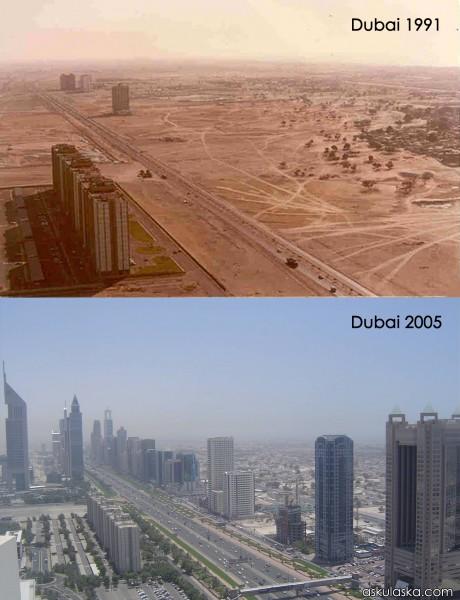
One of the most iconic developments in Dubai’s tourism industry is the Burj Al Arab hotel. Opened in 1999, it was the world’s first seven-star hotel and became a symbol of the city’s opulence and luxury. Another major attraction is the Dubai Mall, one of the largest shopping malls in the world, which features over 1,200 stores, an indoor theme park, and an aquarium.
Dubai has also invested in cultural and heritage attractions, such as the Dubai Museum, which showcases the city’s history and traditional way of life. The city hosts several annual cultural events, including the Dubai Shopping Festival and Dubai Food Festival.
Dubai’s strategic location has also contributed to its success as a tourist destination. It is located at the crossroads of Europe, Asia, and Africa, making it easily accessible to travelers from around the world. Dubai International Airport is one of the busiest airports in the world, with direct flights to over 220 destinations.
In recent years, Dubai has continued to innovate and expand its tourism offerings. The city is now home to some of the world’s most ambitious developments, such as the Palm Jumeirah, an artificial island in the shape of a palm tree, and the Dubai Parks and Resorts, a massive theme park complex.
In conclusion, Dubai’s transformation from a desert and fisher land into a tourist destination is a remarkable story of vision and innovation. The city has used its natural resources, strategic location, and business-friendly policies to create a diverse and dynamic economy. Today, Dubai is a shining example of how a city can reinvent itself and become a world-class destination for tourism and business.

